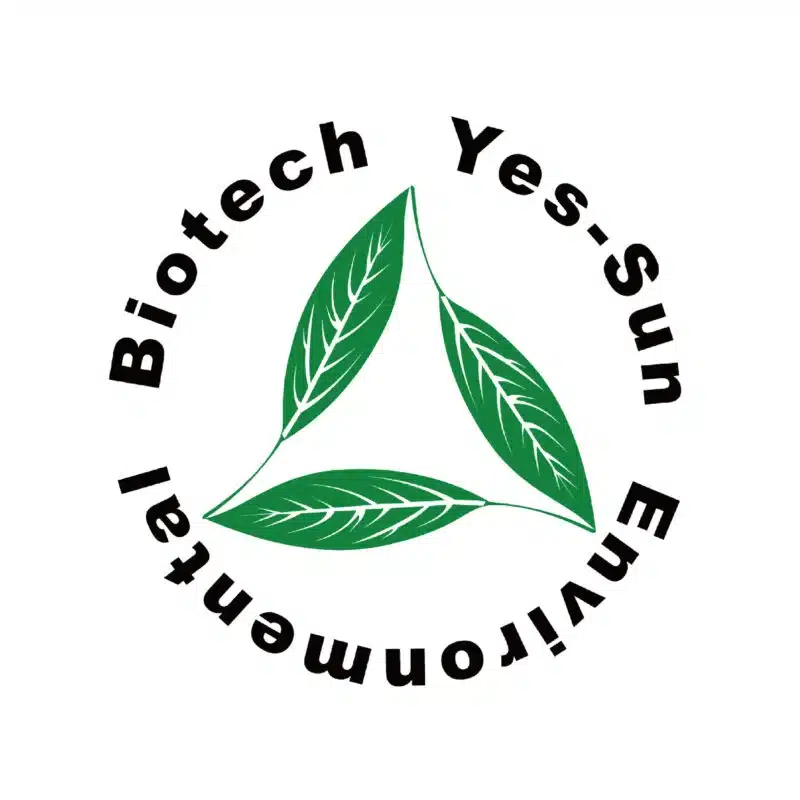BY KATHLEEN RONAYNE
https://apnews.com/article/california-makes-food-waste-recycling-mandatory-ac4340dc4d0b6d74e186b22c1ef7c933
California is set to implement the largest mandatory residential food waste recycling program in the U.S. in January, aiming to reduce the environmental impact of food waste in landfills, which contributes significantly to methane emissions—a potent greenhouse gas. This initiative follows Vermont’s footsteps, making California the second state to adopt such a program, but on a much larger scale due to its vast population. The program mandates that residents dispose of food waste in designated green waste bins, which municipalities will then process into compost or biogas, an alternative energy source.
This ambitious effort reflects a broader recognition of the critical role food waste plays in environmental degradation. Approximately 40% of food in the U.S. is wasted, a statistic that highlights the urgency of addressing this issue. California’s program is designed to combat this by diverting food waste from landfills, where it decomposes and releases methane, to facilities that can repurpose it as compost or energy.
The 2016 law underpinning this program sets a target for the state to reduce organic waste in landfills by 75% from 2014 levels by 2025. To achieve this, besides residential participation, grocery stores are required to donate edible food that would otherwise be discarded to food banks or similar organizations. This dual approach not only addresses methane emissions but also aims to alleviate food insecurity by redirecting food from landfills to those in need.
However, the program faces logistical challenges, such as the strict permitting process for composting facilities and the need for significant infrastructure investments to accommodate food waste alongside traditional green waste. Additionally, while some cities like Davis have already implemented mandatory food recycling programs, larger cities like Los Angeles and San Diego are still working to get their programs off the ground, highlighting the complexities of scaling up such initiatives.
Despite these challenges, the program represents a crucial step towards sustainable waste management and climate change mitigation, embodying the shift towards more responsible consumption and waste disposal practices. As California navigates the implementation of this program, it serves as a model for other states and countries grappling with similar environmental challenges posed by food waste.
Discover the future of waste management with composting free technology
Handling organic waste properly can be challenging due to the unpleasant smell and dirty water produced during the composting process. Despite the availability of various composting technologies and equipment in the market, time and pollution remain significant concerns. However, a novel technology that combines patented equipment and enzymes offers a potential solution. This innovative approach can convert organic waste into fertilizer in just a few hours, and most importantly, without causing pollution.
Learn more


 中文 (台灣)
中文 (台灣) Bahasa Indonesia
Bahasa Indonesia Tiếng Việt
Tiếng Việt Bahasa Melayu
Bahasa Melayu Français
Français Español
Español Português
Português